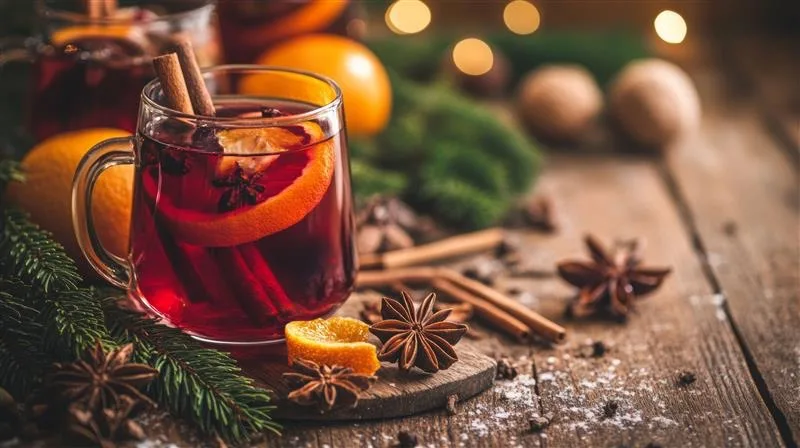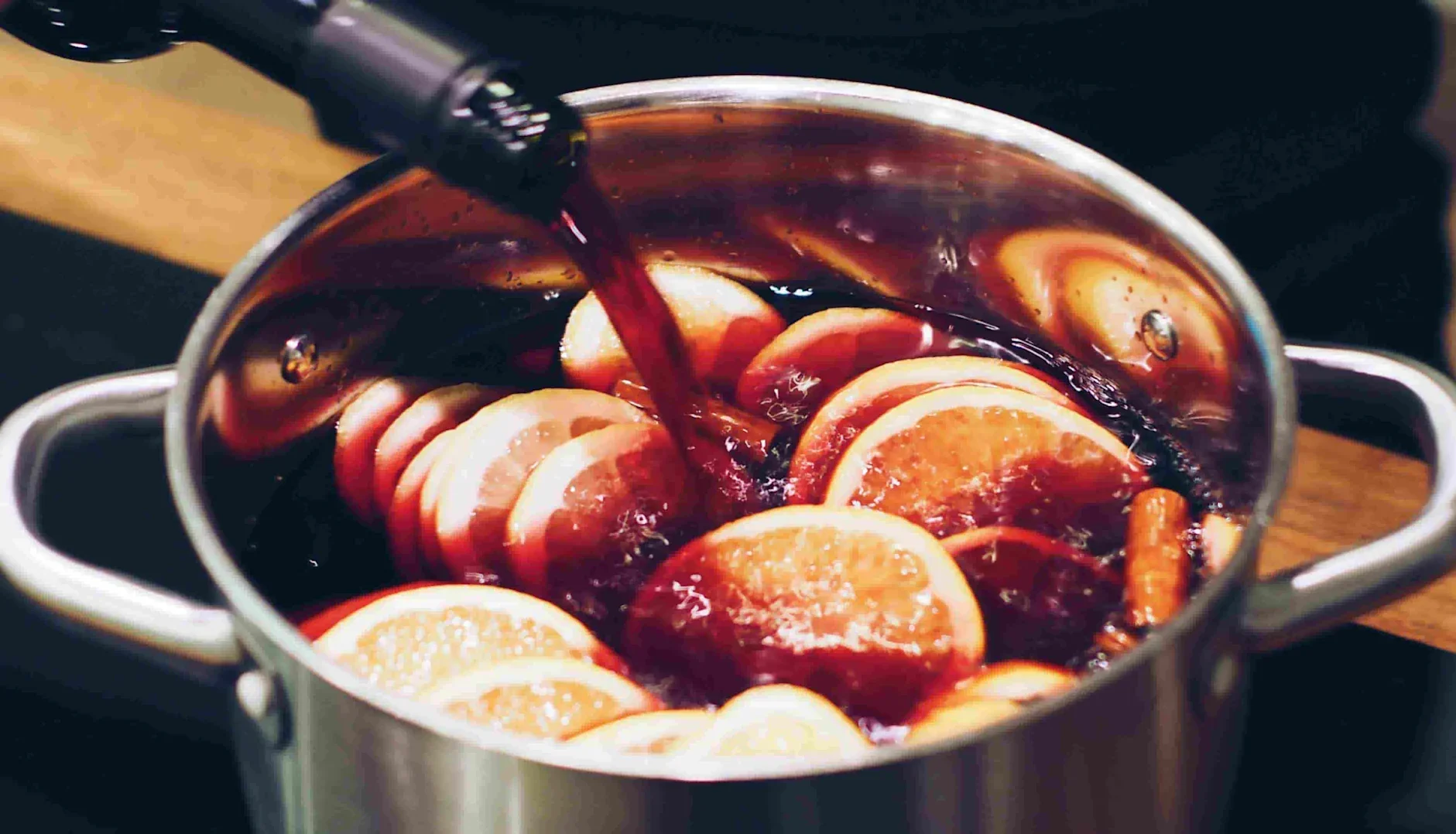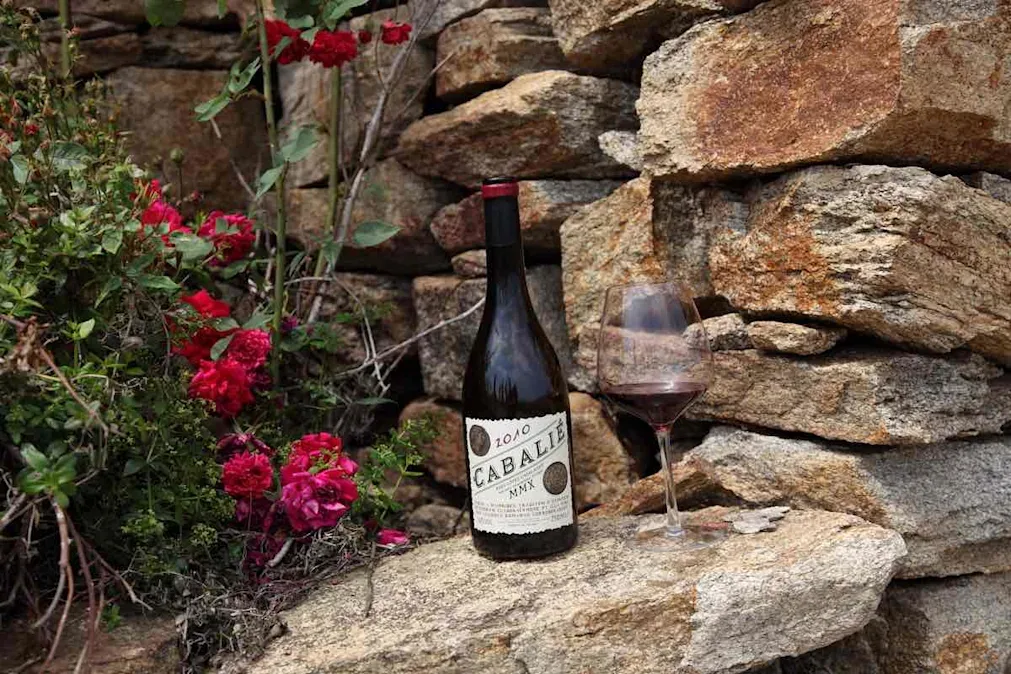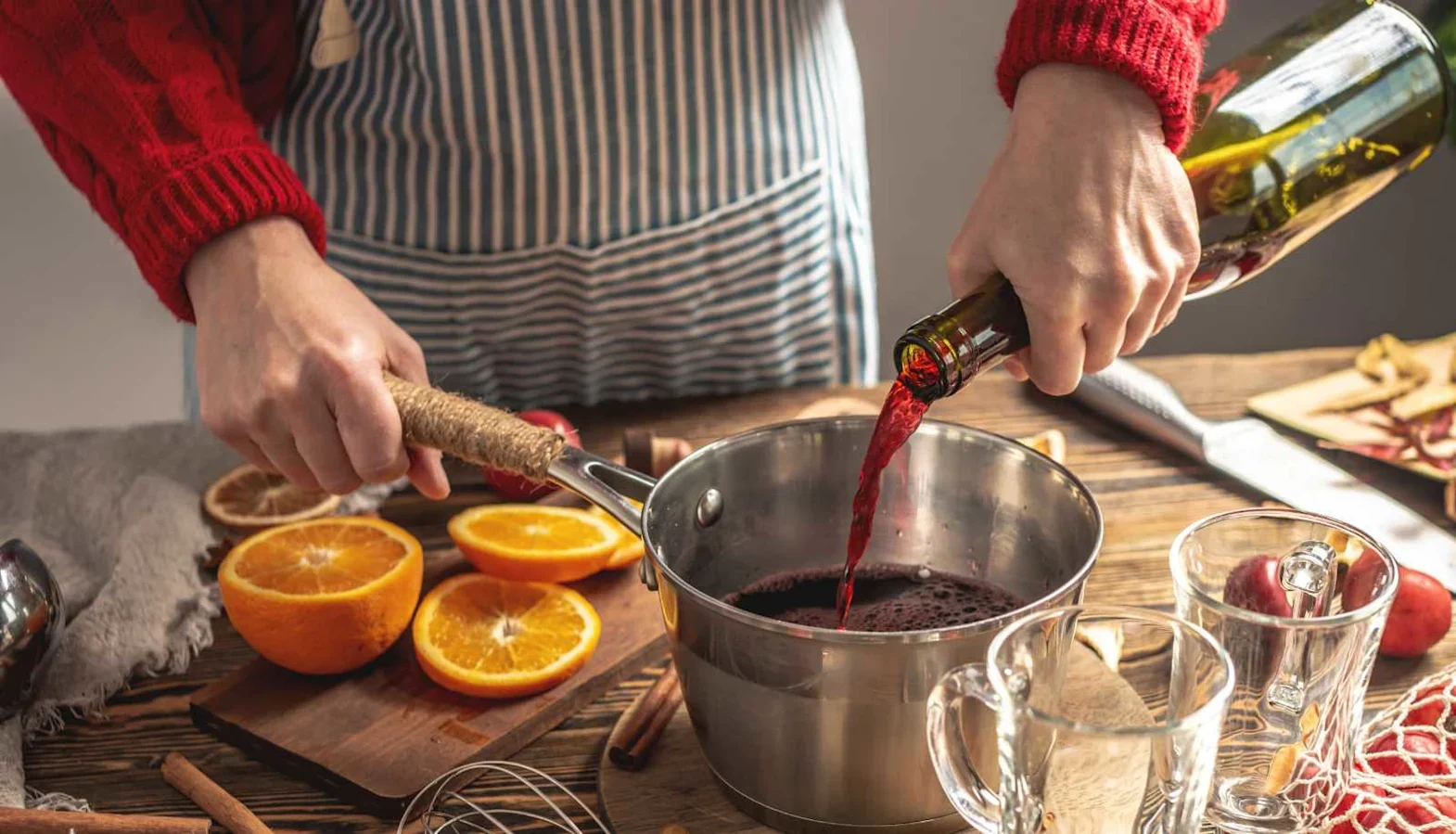Red WineWhite WineRosé WineChampagne & SparklingFine WineBin Ends View All OffersMixed CasesMedal WinnersBestsellersTop RatedOnline Catalogue20% OFF special-edition, Trophy-winning cuvée Earthquake red with 33% OFFV-on-Yay Viognier – just £8.99 a bottleBestselling Pinot Grigio add-on deal – just £6.99 a bottle when added to any other 12-bottle orderCool-climate Moldovan Sauvignon – just £30 reserves your caseSAVE 20% on crisp Cape roséLegend-beating Champagne star – SAVE £10-a-bottleFruity, sun-filled Aussie white – yours for £7.9930% OFF the French red almost lost to wildfiresRed WineWhite WineRosé WineChampagne & SparklingNo and Low AlcoholDessertFortifiedWine BoxesMiniaturesHalf BottlesView All WineFranceItalySpainPortugalAustraliaNew ZealandBordeauxBurgundyCavaChateauneuf Du PapeMargauxRiojaBeaujolaisChablisSancerreNapa ValleySauvignon BlancPinot GrigioMerlotMalbecPinot NoirChardonnayCabernet SauvignonRipe Smooth RedsFirm Structured RedsLight Juicy RedsCrisp Fresh WhitesRich Round WhitesPale Dry RoséBright Fruity RoséChampagne or similarFresh Fruity FizzWhat's your wine style?Red WineWhite WineChampagneEnglish SparklingDessert Wine*NEW* Burgundy 2024 En PrimeurBordeaux 2024 En PrimeurBurgundy 2023 En PrimeurBordeaux 2023 En PrimeurFine Wine HubView All Fine Wine Up to £5.99£6 - £7.99£8 - £9.99£10 - £14.99£15 - £24.99£25+RedWhiteRoséSparklingBestsellersBlack RedsAll Mixed CasesTrioSixTwelveBulk DealsZesty, refreshing Pinot Grigio for just £8.33 a bottle All-star Winemaking Heroes Mix – just £9.99 a bottleSpain's mature reds – with a tasty 35% savingThrillingly fresh Loire whites + fizz – 25% OFF20% off crisp, aromatic German Riesling SixSAVE up to £150 on this 15-bottle Kiwi Sauvignon caseBumper 15-bottle Essentials – just £7.99 a bottleHawkstone add-on deal – yours for £2.20 a bottle when added to any other 12-bottle orderCrowd-pleasing Prosecco – £8.99 a bottleSave up to £72 on bestselling reds12-month Bestsellers price cap deal!Vineyard PartnersWine Gift SubscriptionsHow subscriptions workBenefits of joining a Wine ClubUnlimitedUnlimitedRed Wine GiftsWhite Wine GiftsSparkling GiftsGift hampersChocolate GiftsSpirits GiftsBeer GiftsCheese & WineGift cards All GiftsMother's DayBirthdays Congratulations Wedding Thank You Engagement Anniversary Corporate GiftsFor HerFor Him Under £30Under £50Under £100Over £100GinBrandyWhiskyVodkaRumTequilaBin EndsView All SpiritsAll BeerLagerIPABeer Mixed casesBeer OffersCiderCider OffersHawkstone - beer from Clarkson's FarmLoose Cannon - Craft beer from the heart of OxfordshireSipsmith - spirits of quality and characterPartner Events Taste with Laithwaites - In StoreBordeaux Tasting TourWine Festival - ManchesterWine Festival - LondonAbout & FAQ'sAll Events Wine GuidesUnlimitedWedding ServiceCorporate ServicesCorporate GiftsContact UsStore FinderEvents in StoreWhat's Your Wine Style?Food Pairing Guide for Alcohol-Free WinePairings for Vegan & Vegetarian DishesCrémant - The unsung hero of French FizzHow To Perfectly Pair Cheese and WineFood & Wine PairingsCelebrating Special OccasionsLearn About WineExplore all articlesWine Shop by Telegraph Media GroupWine, Then Dine with Channel 4 The Kew Series by LaithwaitesBritpop by Alex JamesEnglish Heritage SeriesGood Food and LaithwaitesView all partnersBROWSE ALL WINES
Red WineWhite WineRosé WineChampagne & SparklingFine WineBin Ends View All OffersMixed CasesMedal WinnersBestsellersTop RatedOnline Catalogue20% OFF special-edition, Trophy-winning cuvée Earthquake red with 33% OFFV-on-Yay Viognier – just £8.99 a bottleBestselling Pinot Grigio add-on deal – just £6.99 a bottle when added to any other 12-bottle orderCool-climate Moldovan Sauvignon – just £30 reserves your caseSAVE 20% on crisp Cape roséLegend-beating Champagne star – SAVE £10-a-bottleFruity, sun-filled Aussie white – yours for £7.9930% OFF the French red almost lost to wildfiresRed WineWhite WineRosé WineChampagne & SparklingNo and Low AlcoholDessertFortifiedWine BoxesMiniaturesHalf BottlesView All WineFranceItalySpainPortugalAustraliaNew ZealandBordeauxBurgundyCavaChateauneuf Du PapeMargauxRiojaBeaujolaisChablisSancerreNapa ValleySauvignon BlancPinot GrigioMerlotMalbecPinot NoirChardonnayCabernet SauvignonRipe Smooth RedsFirm Structured RedsLight Juicy RedsCrisp Fresh WhitesRich Round WhitesPale Dry RoséBright Fruity RoséChampagne or similarFresh Fruity FizzWhat's your wine style?Red WineWhite WineChampagneEnglish SparklingDessert Wine*NEW* Burgundy 2024 En PrimeurBordeaux 2024 En PrimeurBurgundy 2023 En PrimeurBordeaux 2023 En PrimeurFine Wine HubView All Fine Wine Up to £5.99£6 - £7.99£8 - £9.99£10 - £14.99£15 - £24.99£25+RedWhiteRoséSparklingBestsellersBlack RedsAll Mixed CasesTrioSixTwelveBulk DealsZesty, refreshing Pinot Grigio for just £8.33 a bottle All-star Winemaking Heroes Mix – just £9.99 a bottleSpain's mature reds – with a tasty 35% savingThrillingly fresh Loire whites + fizz – 25% OFF20% off crisp, aromatic German Riesling SixSAVE up to £150 on this 15-bottle Kiwi Sauvignon caseBumper 15-bottle Essentials – just £7.99 a bottleHawkstone add-on deal – yours for £2.20 a bottle when added to any other 12-bottle orderCrowd-pleasing Prosecco – £8.99 a bottleSave up to £72 on bestselling reds12-month Bestsellers price cap deal!Vineyard PartnersWine Gift SubscriptionsHow subscriptions workBenefits of joining a Wine ClubUnlimitedUnlimitedRed Wine GiftsWhite Wine GiftsSparkling GiftsGift hampersChocolate GiftsSpirits GiftsBeer GiftsCheese & WineGift cards All GiftsMother's DayBirthdays Congratulations Wedding Thank You Engagement Anniversary Corporate GiftsFor HerFor Him Under £30Under £50Under £100Over £100GinBrandyWhiskyVodkaRumTequilaBin EndsView All SpiritsAll BeerLagerIPABeer Mixed casesBeer OffersCiderCider OffersHawkstone - beer from Clarkson's FarmLoose Cannon - Craft beer from the heart of OxfordshireSipsmith - spirits of quality and characterPartner Events Taste with Laithwaites - In StoreBordeaux Tasting TourWine Festival - ManchesterWine Festival - LondonAbout & FAQ'sAll Events Wine GuidesUnlimitedWedding ServiceCorporate ServicesCorporate GiftsContact UsStore FinderEvents in StoreWhat's Your Wine Style?Food Pairing Guide for Alcohol-Free WinePairings for Vegan & Vegetarian DishesCrémant - The unsung hero of French FizzHow To Perfectly Pair Cheese and WineFood & Wine PairingsCelebrating Special OccasionsLearn About WineExplore all articlesWine Shop by Telegraph Media GroupWine, Then Dine with Channel 4 The Kew Series by LaithwaitesBritpop by Alex JamesEnglish Heritage SeriesGood Food and LaithwaitesView all partnersBROWSE ALL WINES





